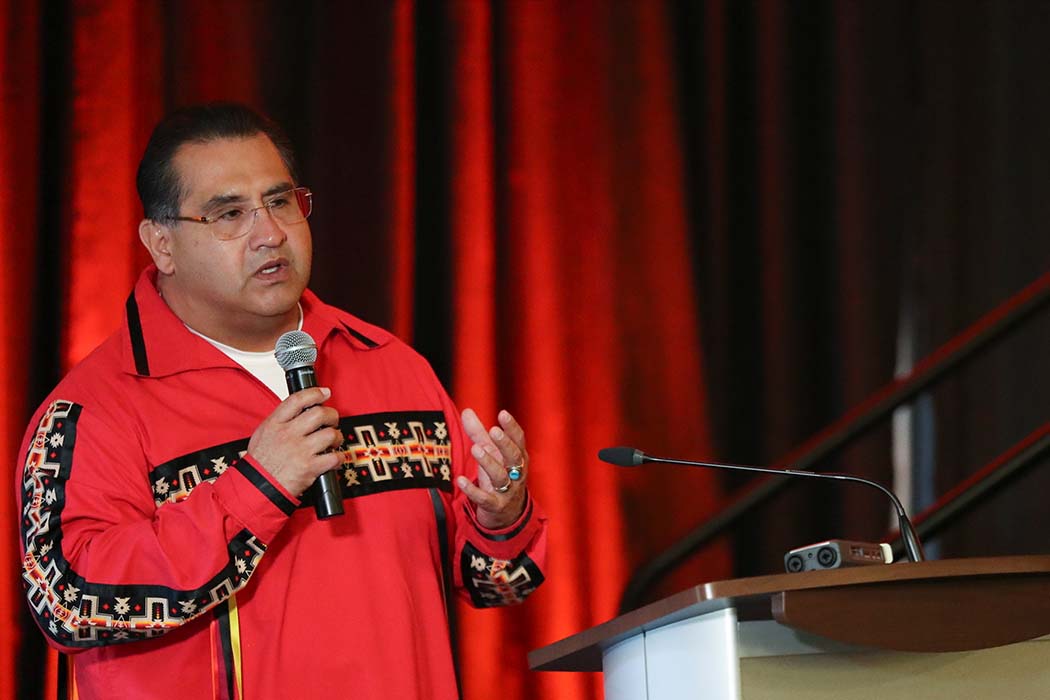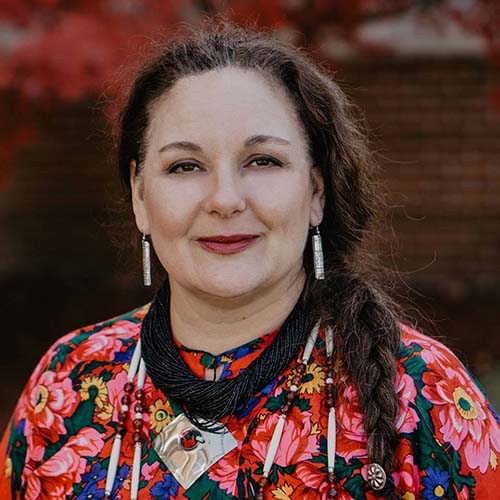
- Details
- By Nanette Kelley
SACRAMENTO, Calif. — With Gov. Gavin Newsom’s signature, federally and non-federally recognized California tribes would be one step closer to recovering ancestor remains and artifacts from state-funded institutions.
According to a press release last month, the California Senate approved AB-275 Native American Cultural Preservation in a 39 to 0 vote. The legislation would build on the California Native American Graves Protection and Repatriation Act of 2001 for designated California Indian tribes, and stands to strengthen and clarify the process for repatriating California Native American remains and artifacts held by various state institutions, such as the University of California (UC) system.
The bill was introduced by California State Assemblymember James C. Ramos (Serrano, Cahuilla), with Assemblymember Lorena Gonzalez and Sen. Robert M. Hertzberg serving as co-sponsors.
“It is my expectation that my bill, AB-275, will add impetus to the delays in returning the remains of California Native people so that they may be buried with the respect and devotion they deserve, in particular the remains held by the UC system,” Ramos said in a statement.
In June, the state auditor issued a scathing report titled “Native American Graves Protection and Repatriation Act: The University of California Is Not Adequately Overseeing Its Return of Native American Remains and Artifacts.” In the report, State Auditor Elaine Howle made various recommendations for altering the state repatriation process, including amendments to state law to allow greater inclusion on the Native American Heritage Commission’s list of recognized tribes.
One tribe that stands to benefit from the legislation is the Muwekma Ohlone Tribe of the San Francisco Bay Area. Tribal citizens can trace lineage back to their ancestors at Missions Dolores, Santa Clara and San Jose. However, according to Chairwoman Charlene Nijmeh (Muwekma Ohlone), even with documentation, approximately 800 enrolled members and the fact that their tribe was never officially terminated, they are not recognized by the federal government.
“We are federally recognized, we were never terminated,” she said.
The tribe’s undetermined status is challenging. Nijmeh said one of their greatest challenges is to remain and survive in their homeland as gentrification continues around them. With a median home price of about $866,900, the Bay Area is one of the most expensive places to live in not just California, but the whole country.
The Covid-19 pandemic has only made problems worse in recent months, as unemployment worsens within their community. Ineligible for federal CARES Act funds, the tribe was forced to start a GoFundMe campaign to help alleviate the Covid-induced financial challenges experienced by Muwekma Ohlone families.
Nijmeh said that the continuous development of the San Francisco Bay region has included their loss of land as well as the removal, displacement and theft of their ancestors’ remains.
In the 1980s, after an archaeologist attempted to forcibly remove her grandmother from demonstrating along with other elders to protect their ancestors, Nijmeh’s mother was arrested for hitting the archaeologist with a shovel.
Throughout the 1960s and 1970s, attempts to reclaim their remains and funerary objects from the UC system were consistently thwarted. By 1978, omitted from the list of federally recognized tribes, they became ineligible to enter in the official petition process to reclaim their ancestors’ remains.
Under the new legislation, a “California Indian tribe” would include both a tribe that meets the federal definition of an Indian tribe and non-federally recognized tribes who are located in California and are on the Native American Commission Heritage list.
Though Nijmeh considers the legislation a step in the right direction, she’s cautious about the list the state may use to determine a California tribe.
“I have some issues with the bill and one of those issues is that this bill relies on the Native American Heritage Commission to define who is a legitimate tribe,” she said, adding, “From our own experience, there are people on the Native American Commission Heritage list that are individuals but they call themselves a tribe when, in fact, I know they are not.”
The Muwekma Ohlone Tribe is currently working with conservation groups from the Bay Area to secure a land base for the tribe and housing for their people, to protect themselves against being pushed further away from their homeland.
Nijmeh said the tribe will also continue its negotiations with UC Berkeley to reclaim their ancestor’s remains and funerary objects.
“The bill is a small victory for us, and we’ll take what we can get from them for now,” she said. “There’s still more work to do.”
More Stories Like This
Native News Weekly (August 25, 2024): D.C. BriefsNative Bidaské: The Illusion of Freedom and the Myth of America 250, Leonard Peltier Speaks Out
Monday Morning (March 2, 2026): Articles You May Have Missed This Past Weekend
Native News Weekly (March 1, 2026): D.C. Briefs
Scope Narrowed, Report Withheld: Questions Mount Over Michigan Boarding School Study
Help us defend tribal sovereignty.
At Native News Online, our mission is rooted in telling the stories that strengthen sovereignty and uplift Indigenous voices — not just at year’s end, but every single day.
Because of your generosity last year, we were able to keep our reporters on the ground in tribal communities, at national gatherings and in the halls of Congress — covering the issues that matter most to Indian Country: sovereignty, culture, education, health and economic opportunity.
That support sustained us through a tough year in 2025. Now, as we look to the year ahead, we need your help right now to ensure warrior journalism remains strong — reporting that defends tribal sovereignty, amplifies Native truth, and holds power accountable.
 The stakes couldn't be higher. Your support keeps Native voices heard, Native stories told and Native sovereignty defended.
The stakes couldn't be higher. Your support keeps Native voices heard, Native stories told and Native sovereignty defended.
Stand with Warrior Journalism today.
Levi Rickert (Potawatomi), Editor & Publisher

